The UCI Cancer Research Institute is pleased to announce that funds are available through the American Cancer Society Institutional Research Grant. This institutional grant will fund several proposals for one year at a level up to $60,000 per award. All eligible faculty from each school at the University of California, Irvine are encouraged to apply, so long as the proposal has a clear link to some aspect of cancer research.
Submission Deadline April 30, 2024 (Round 30)
The purpose of these research grants is to provide seed money for eligible faculty in the area of cancer research. Research in both basic and clinical cancer – related problems will be supported. It is expected that this seed money will allow for the development of nationally competitive proposals for peer-reviewed funding.
Investigators within the first SIX years of their first independent faculty position and in the following series are eligible: In Line, In Residence, Assistant, Adjunct, Clinical-X, Clinical and Researcher. Awardees may not hold a competitive grant from a national agency (e.g. NIH, ACS etc.) or be a previous recipient of an ACS-IRG seed grant. Investigators who hold funds from the UCRI, Cancer Research Coordinating Committee (CRCC) or any award where the majority of the funds are for the express purpose of supporting the investigator’s salary (such as NIH K series) are eligible. Investigators whose initial nationally competitive research grant was not renewed are also eligible as long as other criteria are met and that they are not in a no cost extension. Cancer Center membership is not required. US citizenship, Permanent Residency Status, or Visa Status that permits the completion of the proposal is required.
Questions regarding these criteria should be forwarded to Edward Nelson enelson@uci.edu and cc: cri@uci.edu.
Revised applications are accepted. However, applicants submitting revised applications are required to address the previous submission critiques in detail in no more than two pages, which are subject to the same border and font constraints as the application. The response to the critiques does not count towards the page limits for the revised application proper. We strongly recommend that the applicants address critiques individually from each reviewer.
Applicants who are writing a grant for the first time are encouraged to consult a senior colleague in their field
Applications are encouraged from all faculty lines including: In-line, In-residence, Clinical X, and HS Clinical junior faculty. For faculty in the Clinical X or HS Clinical series, in which there is the expectation of significant clinical activity, an attestation by the applicant’s Department Chair of protected time (20%) to be able to successfully conduct the proposed research must accompany the application for the application to be considered.
See Physician Time Release form.
The applications should include the following:
- Must be typewritten. Narrative areas should be single spaced and 11 pt. Arial font.
- One application per principal investigator will be considered.
- The budget should be up to $60,000 per annum with a January 1, 2024 start date.
- Resubmission’s should include an additional single page response to prior critiques.
- Must have Department Chair signature on first page (electronic signature is accepted)
Application Details
Face Page & Biographical Information (maximum 3 pages please use the ACS form)
- Investigator Information
- Verification of Applicant Eligibility by Department Chair
- Appointments
- Other Research Support (Current & Pending)
- Publications
Project Title & Abstract Page (maximum 500 words)
- Project Title
- Summary of Research
- Background
- Objective/Hypothesis
- Specific Aim(s)
- Study Design
- Cancer Relevance
Research Plan (maximum 5 pages) should include
- Specific Aims
- Rationale/Cancer Relevance
- Plan of Attack (Background and Methods of Procedure)
- Relation to Long Term Research Goals
- References
Budget Information (maximum 2 pages)
- Investigator Information
- Amount Requested
- Budget Proposed:
- Personnel
- Permanent Equipment
- Supplies
- Miscellaneous
- Budget Justification
Please send an electronic PDF version to cri@uci.edu. Deadline for Electronic applications is October 31st, 2023 by 5:00 PM
Expenditures Allowed
- Research supplies and animal maintenance
- Technical assistance
- Domestic travel when necessary to carry out the proposed research program
- Publication costs, including reprints
- Registration fees at scientific meetings
- Costs of computer time
- Special fee (pathology, photography, etc)
- Stipends for graduate students (NO TUITION OR FEE) and postdoctoral assistants if their role is to promote and sustain the project presented by the junior faculty member
- Equipment costing less than $2,000 (Special justification is necessary for items exceeding this amount)
Expenditures Not Allowed
- Salary of principal investigator
- Student tuition and fees
- Secretarial/administrative personnel
- Office equipment and supplies
- Foreign travel
- Purchasing and binding of periodicals and books
- Dues and membership fees in scientific societies
- Honoria and travel expenses for visiting lectures
- Recruiting and relocation expenses
- Office and laboratory furniture
- Rental of office or laboratory space
- Per Diem charges for hospital beds
- Non-medical or personnel services to patients
- Construction or building maintenance
- Major alterations
(*Updated 09/11/2023*)
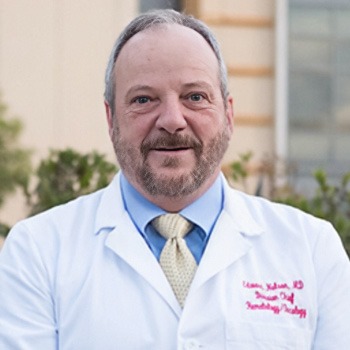
Dr. Edward Nelson (Chair)
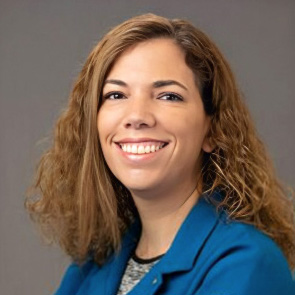
Dr. Claudia Benavente
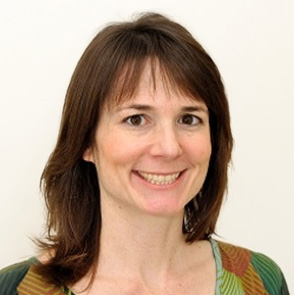
Dr. Angela Fleischman
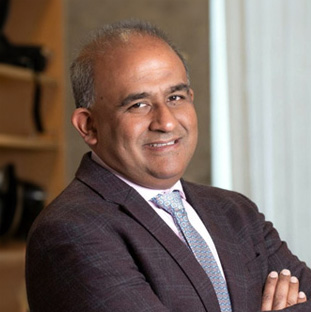
Dr. Anand Ganesan

Dr. Charles Limoli
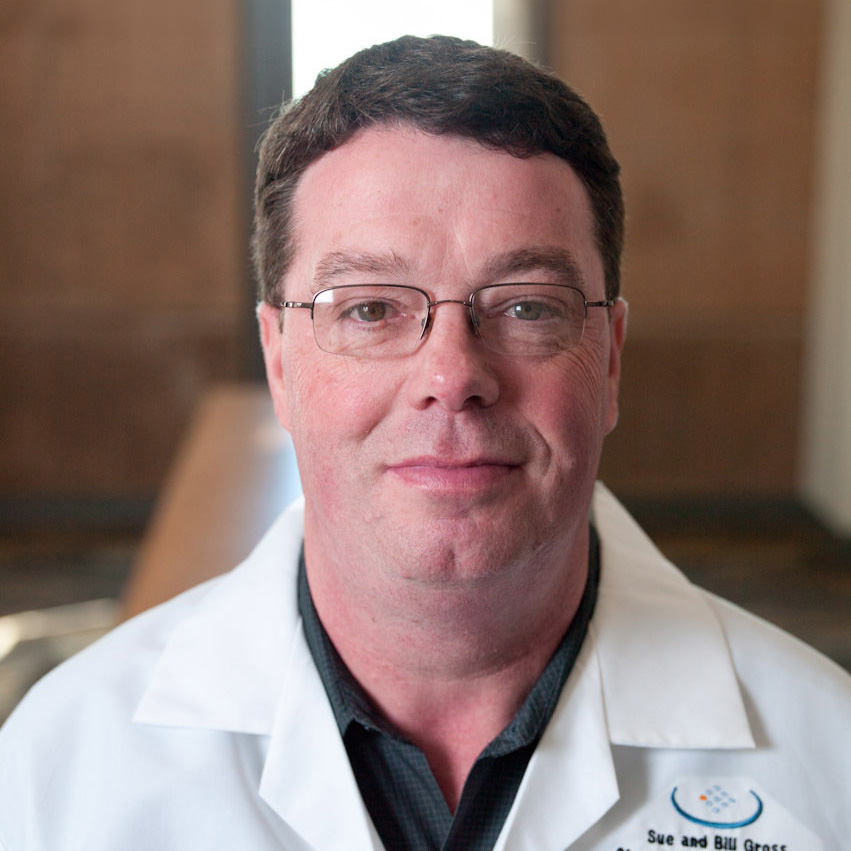
Dr. Peter Donovan
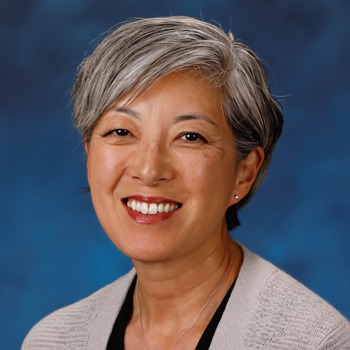
Dr. Sora Park Tanjasiri
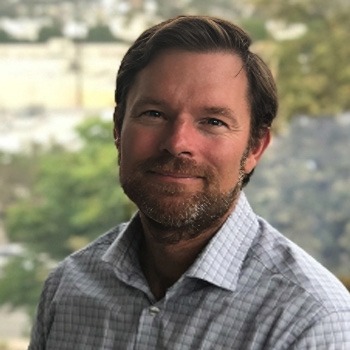
Dr. Joel Milam
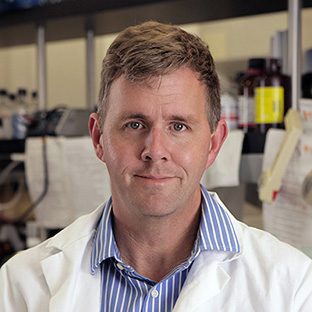
Dr. Robert A. Edwards
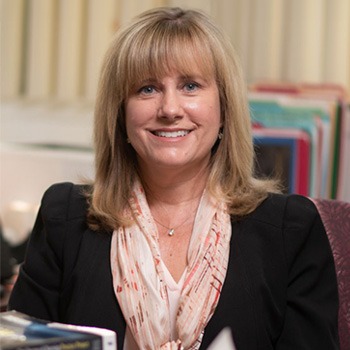
Dr. Susanne Phillips
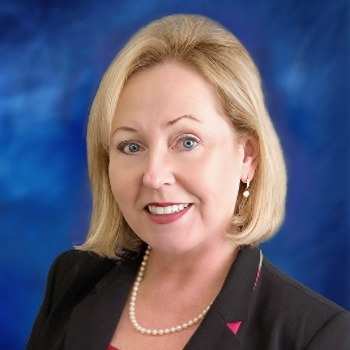
Dr. Lari Wenzel
ACS Seed Grant Awardees
2023
Round 28
Stanley Ng, BEng, MASc, PhD, Assistant Professor, Biological Chemistry, ”Spatial Multi-Omic Profiling for Precision Diagnostics in Acute Myeloid Leukemia”
2022
Round 27
Matthew Griffin, PhD, Assistant Professor, Chemistry, ”Exploiting gut microbiota metabolites to combat melanoma metastasis”
Michael Daneshvar, MD, Assistant Professor, Urology, ”Safety and efficacy of EMDA in amplifying drug penetration into the ureteral”
Round 26
Thomas P. Burke, PhD, Assistant Professor, Microbiology and Molecular Genetics, ” Investigating rationally designed combinations of innate immune agonists for cancer immunotherapy.”
Thomas Martinez PhD, Assistant Professor Pharmaceutical Sciences, “Investigation of Microprotein Contributions to Squamous Cell Carcinoma”
Aryana Sepassi, PharmD, Assistant Professor of Clinical Pharmacy, Pharmaceutical Sciences, “Disparities in Recommended Survivorship Care Between Urban and Rural Hodgkin’s Lymphoma Patients”
2021
Round 25
Francesco Marangoni, Physiology and Biophysics, “Dynamics And Determinants Of Tumor- Associated Macrophage Plasticity in vivo“
Jeremy Harris, Radiation Oncology, “A novel method for treating lung tumors with the combination of electrical fields and radiation therapy: a pilot study”
Round 24
Cholsoon Jang, Biological Chemistry, “Deciphering alcohol and fructose synergy in triggering liver cancer”
Roshan Patel, Clinical Urology, “Influence of Renal Cancer on the Urogenital Microbiome”
2020
Round 23
Jessica Shiu, Dermatology, “Elucidating the role of Oncostatin M-producing macrophages in melanoma tumorigenesis”
2019
Round 21
Nicholas Pannunzio, Department of Medicine, Hem/Onc, “Basis of Chromosomal Translocation Formation in the Etiology of B Cell Malignancies
Roozbeh Houshyar, Radiological Sciences, “Deep learning classification of prostate cancer phenotypes and surveillance”
Elizabeth Bess, Chemistry, “Uncovering the Human Gut Microbiome’s Role in Estrogen Metabolism”
Round 20
Sha Sun, Developmental & Cell Biology, “Defining the Role of XIST Pathways Dysregulation in the Ovarian Cancer Progress”
Round 19
Jonathan Skupsky, Department of Medicine, Gastroenterology, “Treg-inducing nanoparticles for the treatment of ICPI-Induced Colitis”
Round 18
Daniel Chow, Department of Radiology, “Deep learning classification of glioblastoma genetic heterogeneity and survivorship”
Roberto Tinoco, Molecular Biology & Biochemistry, “Enhancing T cell function in melanoma tumors by relieving PSGL-1 inhibition”
2017
Claudia Benavente, Pharmaceutical Sciences, “Role of UHRF1 in osteosarcoma and its relationship to RB”
Michelle Digman, Biomedical Engineering, “Mitochondria Recruitment and Metabolism in Cancer Cells”
Farah Rahmatpanah, Department of Pathology, “Demethylation DNA and activation of immune system genes in stroma as a therapeutic for African American Prostate Cancer”
Ritesh Parajuli, Department of Medicine, “Circulating Cancer Associated Fibroblasts as biomarkers in metastatic breast cancer”
Katrine Whiteson, Molecular Biology and Biochemistry, “Variations in local microbiome populations in normal colorectal tissue and polyps”
2016
Matthew Inlay, Molecular Biology & Biochemistry, “Identifying the precursor to hematopoietic stem cells in the mouse embryo and improving its engraftment upon transplantation”
Devon Lawson, Physiology & Biophysics, “Identification of new approaches to treat metastatic disease”
Elizabeth Brem, Medicine, “Evaluating mitochondrial priming in T-cell lymphomas”
Wenqi Wang, Developmental & Cell Biology, “Hippo Signaling and Breast Cancer Therapy”
2015
Hannah Park, Epidemiology, “Circulating DNA methylation markers for breast cancer in patients undergoing breast biopsy: a pilot study”
Jason Samarasena, Medicine, “Importin α is a novel biomarker of Barrett’s esophagus (BE)-related dysplasia & cancer and promotes growth of BE-derived cancer cells by inducing aberrant VEGF expression”
Peter McHale, Center for Complex Biological Systems, “Dissecting the origins of melanoma: a systems biology approach”
2014
Munjal Acharya, Radiation Oncology, “Neurobiological basis of chemotherapy-induced cognitive dysfunction”
David Buchbinder, Pediatrics, “Passing the Baton: Parents and Transitioning Brain Tumor Survivor Care”
Irene Pedersen, Molecular Biology & Biochemistry, “miR-23b Regulation of Tight Junction Formation and Augmentation of Lung Cancer Metastasis”
2013
Alexander Boiko, Molecular Biology & Biochemistry, “Functional Characterization of CD271NGFR and Upregulated Genes Specific to Melanoma Cancer Stem Cells in Tumorigenic Assays”
Jered Haun, Biomedical Engineering, “Developing a panel of fluorescence lifetime nanoprobes for highly sensitive and multiplexed proteomic profiling of solid tumor specimens”
Olga Razorenova, Molecular Biology & Biochemistry, “Synthetic lethality in cancer therapeutics: exploiting the loss of the VHL tumor suppressor gene”
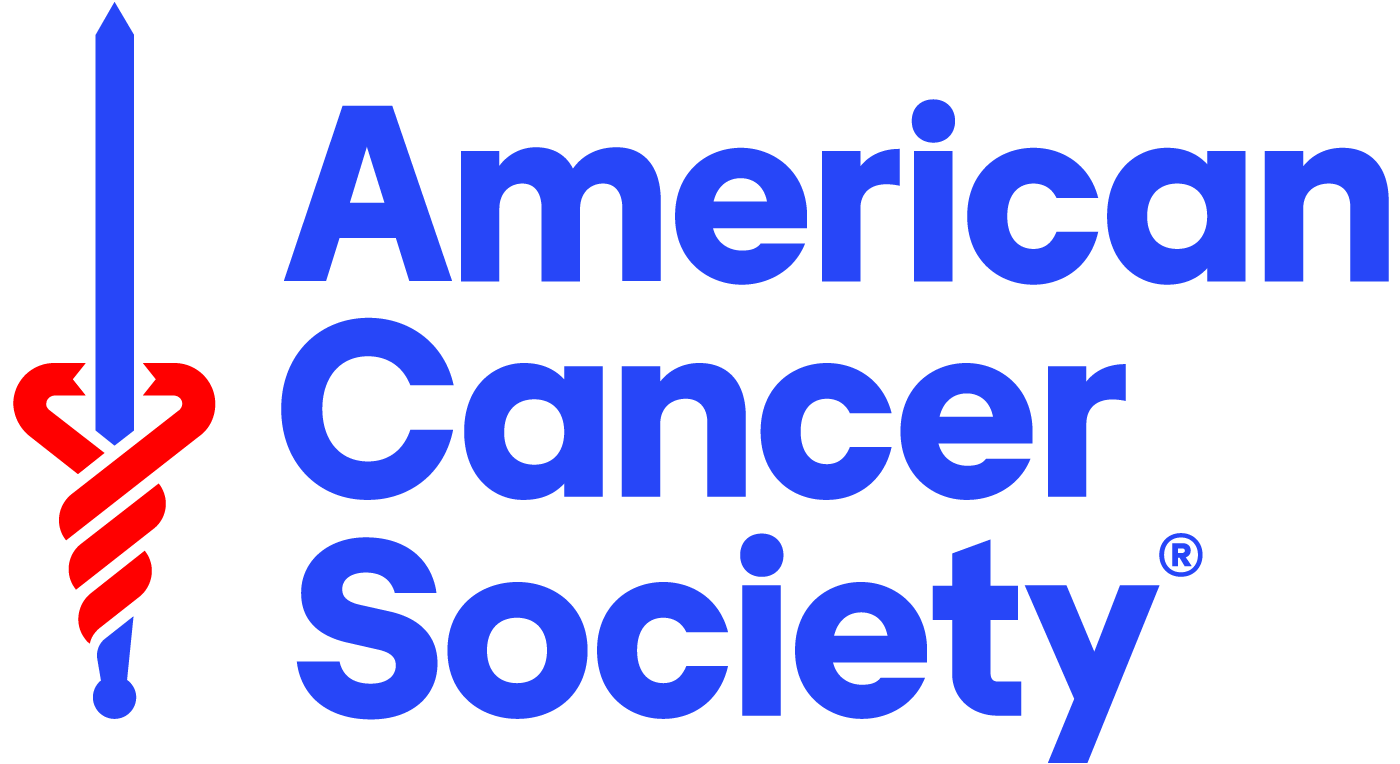
American Cancer Society Institutional Research Grant
134045-IRG-19-145-16-IRG